Events - GLOBE Observer
Webinars: Mosquito Habitat Mapper
Museums and Science Centers: You are invited to join us for one of two webinars to learn more about the GLOBE Observer's app new Mosquito Habitat Mapper (MHM).
Dates: Tuesday, June 6, 2017 at 12:00 p.m. ET (4:00 p.m. UTC/GMT) and Wednesday, June 7, 2017 at 10:00 p.m. ET (Thursday, June 8, 2:00 a.m. UTC/GMT).
At the webinars GLOBE Observer will also share the research that is taking place to identify the spread of mosquito borne diseases, which includes the use of satellite technology to identify environmental conditions that enable mosquitoes to thrive. Each institution participating in the Global Experiment can identify the mosquito season for its region prior to the activity, so it can host events during the time when mosquitoes are active locally and can determine the level and kind of involvement that matches its programming objectives.
Here is a list of potential actions and results from participating in this worldwide effort
- Access a suite of resources to assist science centers and science museums in training and responding to the Global Experiment
- Learn which mosquito borne diseases have been found in an institution’s country and region using World Health Organization, U.S. Centers for Disease Control, and local health records
- Find out when and where outbreaks of mosquito borne diseases have occurred in an institution’s region
- See how many potential mosquito breeding sites science center and science museum visitors can identify and eliminate; keep a tally and images of breeding locations (natural and human made) and how these were eliminated
- Use global precipitation measurement data to see how much precipitation fell in the three months preceding mosquito borne disease outbreaks to see if there is a correlation between precipitation amount and the onset of mosquito borne illnesses in humans
- Use surface temperature data to see what the surface temperature conditions were like in the three months preceding the disease outbreaks, and use this data to see if institutions’ visitors can determine a correlation between the surface temperature and the onset of mosquito borne illnesses in humans
- Explore data to see is there is a correlation between soil moisture and the onset of mosquito borne illnesses in humans
- Connect with local scientists and health professionals, and engage them in training sessions and local programming.
(NASA GO's Mosquito Habitat Mapper (MHM) is a founding member of a new alliance among citizen science organizations and the United Nations Environmental Program that seeks to escalate the global fight against mosquito-borne diseases.)








